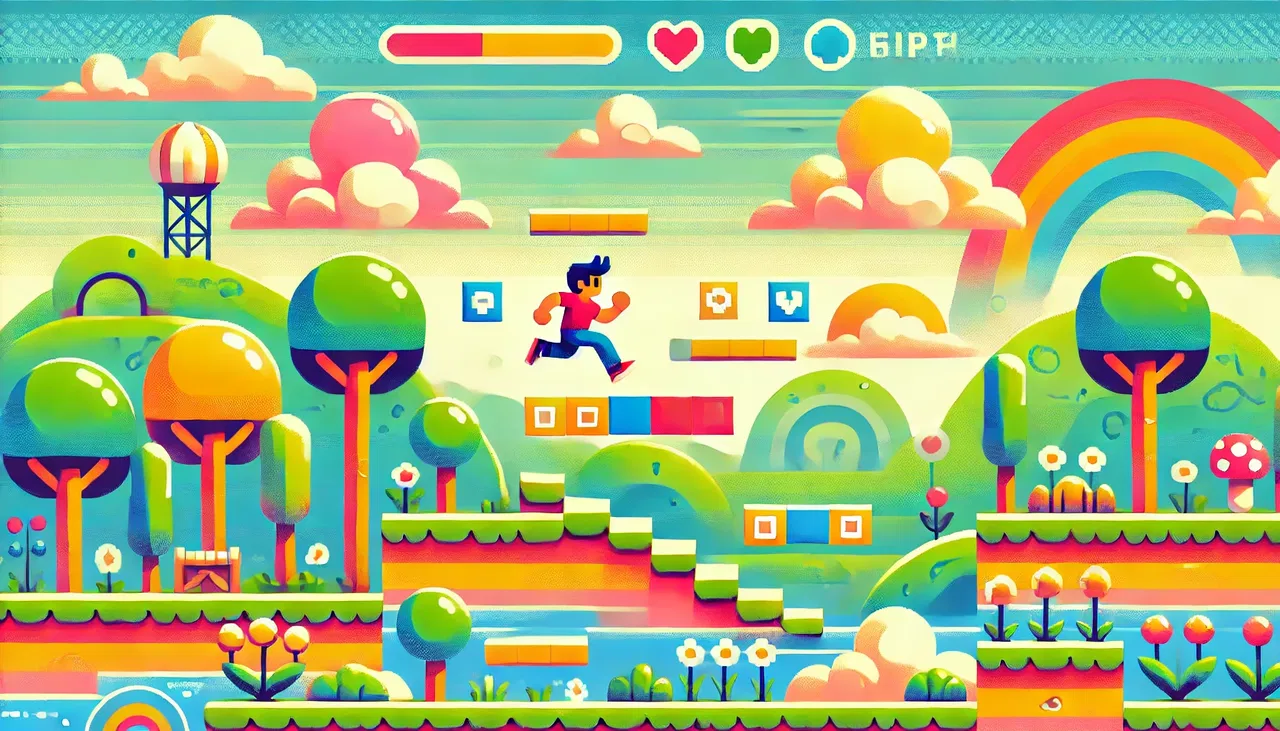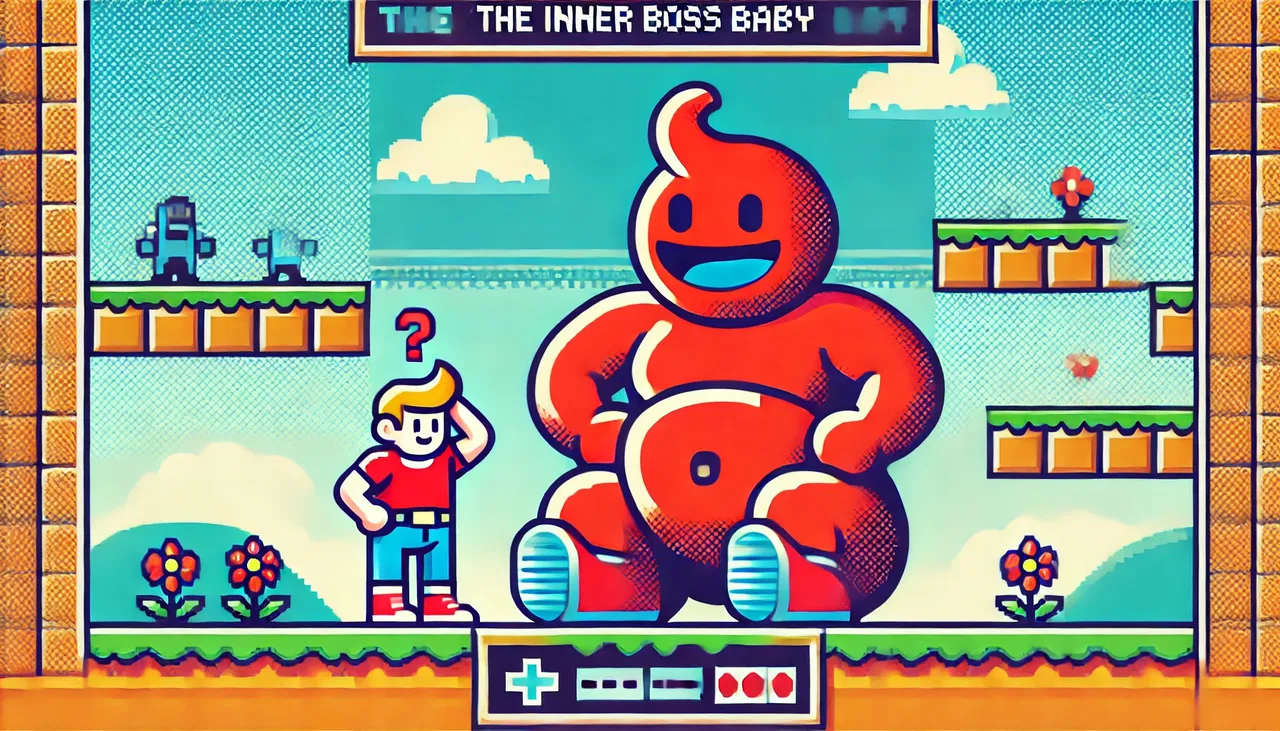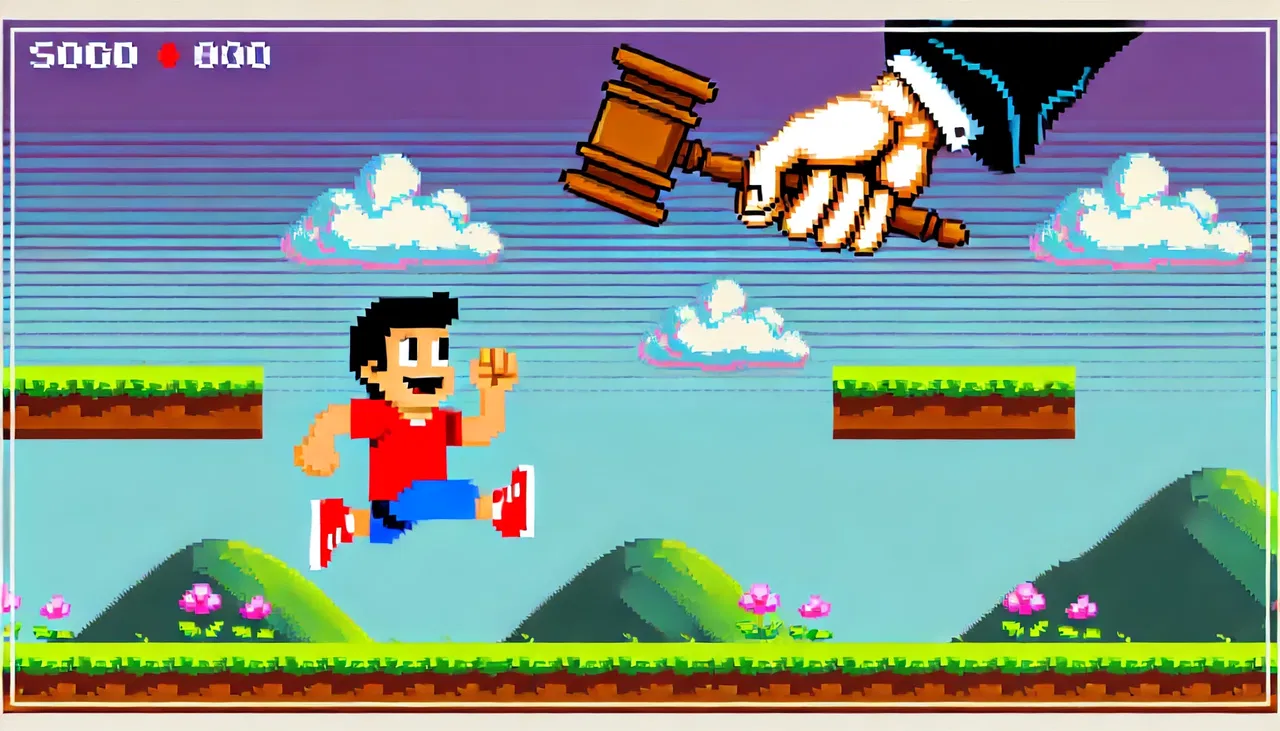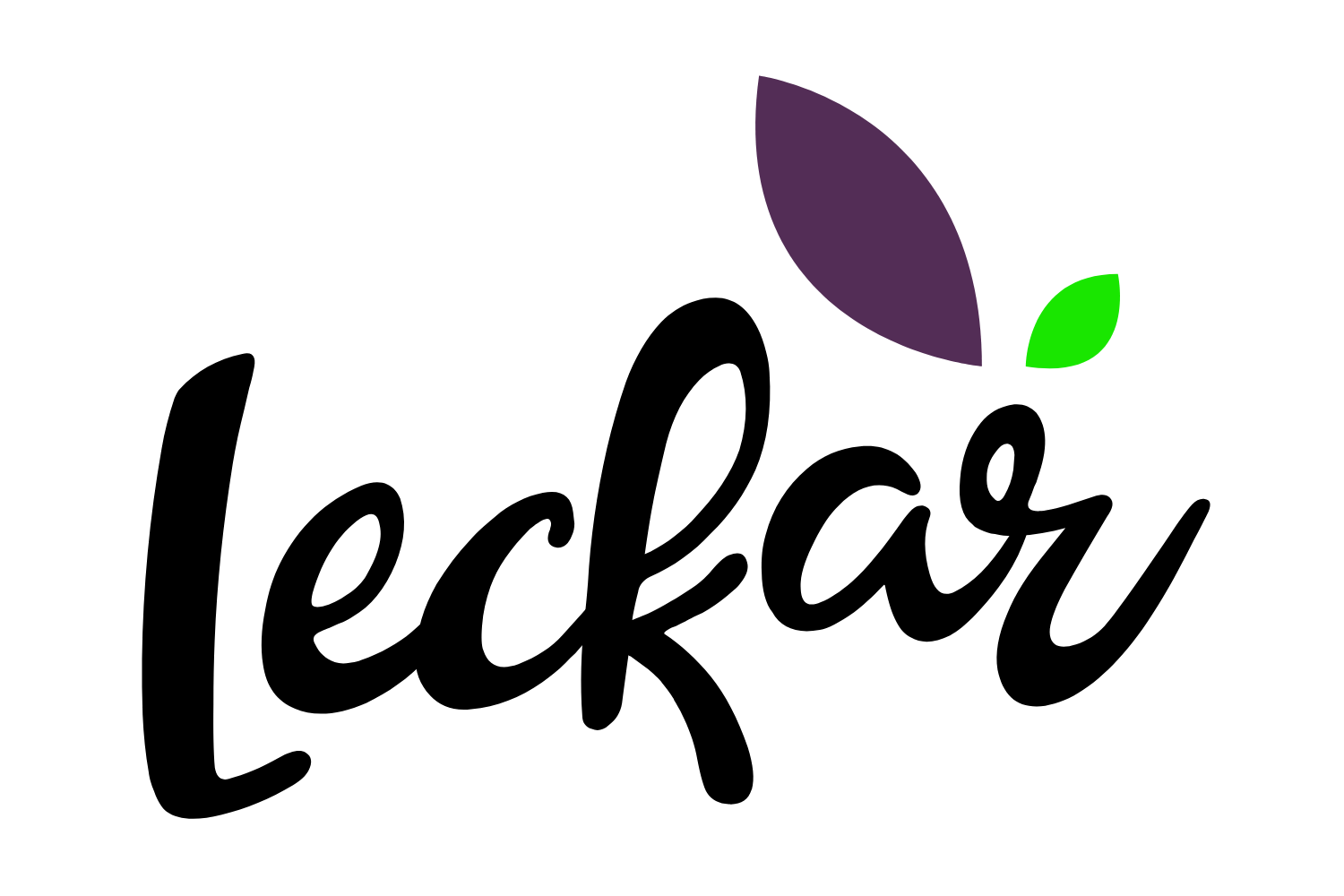Your Guide to the 4 Barriers to Dieting
Diet, from the Greek, is a way of life. Change the way you live—get different results. Scientists counted 1,000 diets in 2014. Their goals are not only to be healthier and live longer. They also include the desire to find a partner, wear nice clothes, be more popular, get a better job, etc.

Volodymyr Khupovoi
Chief Writer
Fri, 6 Sep 2024

All diets help you achieve results if you overcome the 4 barriers. Each of them is critical. Nothing happens if we at least not overcome one of them. This guide shows you the journey everyone faces when starting a diet and highlights the key points (barriers) where the risk of quitting is highest. And it's not at all the barriers everyone thinks it is.
So, what are these barriers?
1. Narrow-minded View
Our eating habits take us hostage. We get Stockholm syndrome and start defending those who have taken us over.
A diet is a speedway to your goals. But moving along it requires taking a critical look at your existing way of life, not only in eating habits. It's not always easy. Going uphill is harder than going flat because we change our direction. People want to achieve goals but are used to simplifying things.
Food habits simplify our daily activities. They free our attention from the kitchen routine.
We repeat a certain action a few times, and it becomes a habit:
we buy chocolate at lunchtime because sweets are the quickest and most affordable energy source
we fast food and coffee for lunch because there was no tradition of cooking and drinking water at our parents' house
we eat heavy, starchy foods like potatoes and meat because we work late.
When things are simple and established, it is hard to make changes. Our narrow-mindedness begins to conflict with our desire for bigger goals. We experience this conflict at the beginning of any diet.
Trying to break eating habits through self-restraint is an outdated, painful and not particularly effective way of dealing with this barrier.
There is a simple and powerful tool for this — Curiosity.
Curiosity is evolutionarily stronger than habits. Just start trying new foods, meet people who eat differently, read simple recipes and even play with water control apps on your phone. Curiosity helps to eliminate old food habits and create new ones.
When you succeed, you meet a new barrier.
2. The Inner Boss Baby

Life productivity increases when we conquer the children's wish to get results immediately and effortlessly.
Coca Cola spends $4.5 billion a month advertising instant happiness through sugar consumption. McDonald's spends the same amount annually on fast food advertising.
These actions affect the way we think.
When we want to improve our mood, we should drink sweet water and eat fries. It is fashionable. Teenagers at school won't laugh at you if you drink Coke, but they might laugh if you bring a pot of food from your mum.
The infantile (an adult child) doesn't know how to wait. He thinks he is the smartest and that he will live forever. It goes on until it is confronted with an unsolvable situation for the child, which destroys its infantilism. And then another personality emerges.
In the past, this was called initiation, and everyone went through it. However, it turned out that capricious and weak people were much easier to manipulate, and the practice became a thing of the past.
Until your personality has matured, you don't have a chance, even if you have overcome the previous barrier. If you are a mature person, you don't put up with your situation and become intolerant of a lack of progress. You start moving in a focused way, step by step until your diet begins to produce measurable results.
At this moment, you run into the 3rd barrier.
No matter how conscious and mature we are. There are things beyond our control.
3. You are guilty!

When Hunger and Craving for Sweets come, the whole diet goes to waste even if you are super focused and aware.
It's stronger than we are. We give ourselves a little break from dieting because we deserve it (don't we?).
Then we feel guilty about our weakness. We feel tense and want to eat something to relieve the stress of diet failure. We're screwed, and we're trapped.
In 2012 Timex surveyed before launching its Health Tracker watch, which helps count calories. A survey of 3,000 Britons found that we lie at least 474 times a year about what and how much we eat or drink.
In other words, we know how to eat right, we follow that knowledge, but we break our diets. Over and over again. Especially when left alone with ourselves.
Lying, in this study, is just a feeble attempt to avoid the very destructive guilt of breaking our own decisions.
It's not always our fault for breaking the diet, though.
Who, then, is guilty?
Our gut microbiota, for example. Colonies of bacteria that live in the gut can influence our decisions. Scientists say it is another body organ that weighs as much as our brains. It's our microbiota that wants sweets the most. Not us.
Another suspect is modern medical education with its lack of attention to cooking instruction in medical schools. As a result, we get dietary advice not on nutrition but on refuelling our bodies with completely tasteless food.
Knowing the true reasons takes us out of our guilt we start moving again in our diet and meet the hardest 4th hurdle.
4. The ultimate death barrier

We avoid eating something not because it is bad for us, but because we hold our attention to the reasons for dieting.
Trackers and Organisers can remind us what we need to do (for example, drink water), but they connect us with an understanding of why we should do it right now.
Our long-term goals (and dieting is always long-term) can easily get lost in the mass of urgent matters.
The alarm clock may ring for a long, long time in the morning. But it's not what gets us out of bed.
We only wake up when we feel threatened or rewarded. In such situations, we are instantly switched on, discard the
unimportant and start thinking. The necessity to think forces us to focus on important goals. We remember priorities and a reason to drop everything and do what needs to be done immediately.
We have created an "alarm clock", which looks like a regular newsletter.
To understand the principle, let's compare how a book works.
You have read a book about nutrition, and it has made a very strong impression on you. How does it feel a week later? Is it as strong? Not anymore. And after two weeks? Just curious? What about a month later? We remember that it was super, but what exactly it was we don't remember, apart from a couple of quotes.
Books are not designed to be a daily wake-up call. The purpose of books is to make money for the publisher. You read lots of books, but you still tend to "fall asleep". A book is not an alarm clock.
The alarm clock reminds you that in reality you still haven't gotten healthier, haven't created the perfect relationship with your partner, haven't fitted into your dream clothes, haven't become more popular, haven't gotten a better job. The alarm clock reminds you that this situation is still going on.
Only with this kind of alarm clock can you reliably "wake up" and remember what exactly you have to do right now.
We have turned our decades of experience in developing innovative food and culinary research into a newsletter.
It will regularly fire letters into your consciousness. These letters will bring you into a resourceful state and expand your view of the world. They reinforce your priorities, your way of thinking and your personality.
